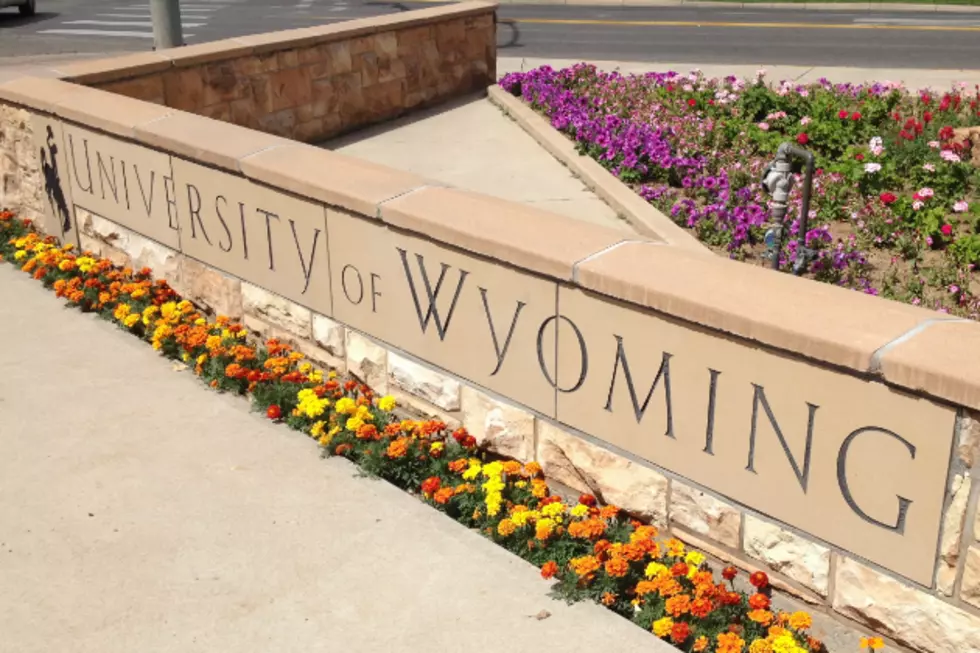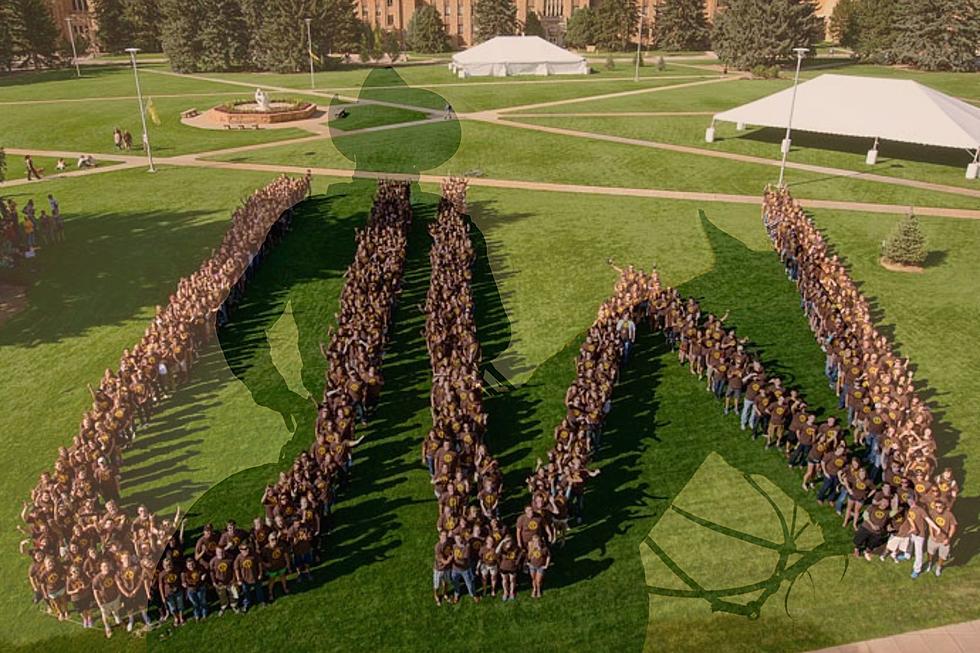
UW Board of Trustees to Consolidate Colleges
The University of Wyoming College of Education and the College of Arts and Sciences will undergo a significant consolidation in a move designed to reduce administrative costs and become more efficient.
The UW Board of Trustees developed the plans at the direction of UW President Laurie Nichols to simplify the university’s academic and administrative organizational structures, according to a UW news release.
UW Spokesman Chad Baldwin said the plans were presented during the trustees May meeting last week and they received favorable responses.
The College of Arts and Sciences will be consolidated from 16 departments into seven - the departments of History and American Studies, Criminal Justice and Sociology, Philosophy and Religious Studies, Mathematics and Statistics and Visual and Literary Arts. The School of Politics, Public Affairs and International Studies will be created by combining Global and Area Studies and the Department of Political Science. The School of Culture, Gender and Social Justice will be made by consolidating the programs in African American and Diaspora Studies, Latina/o Studies, American Indian Studies, and Gender and Women’s Studies.
The college expects to save $85,000 a year, because of the reduction in stipends that are paid to department heads and directors to take on the additional responsibilities.
The College of Education’s four departments would be combined into two schools. The School of Teacher Education would be created by combining secondary, elementary, and early childhood teacher preparation programs. The School of Counseling, Leadership, Advocacy and Design would consolidate school leadership, research and data analysis, counseling, instructional design, special education and higher education administration.
College of Education Dean Ray Reutzel said the consolidation of the college was in part because having four departments was no longer sensible.
“Part of the reason we’re doing it is that we had two very, very small departments and in a fiscal situation like we’ve been in, we are looking to wring out inefficiencies in the university,” Reutzel said. “To have administrative overhead to administer a department of eight people just doesn’t make sense anymore.”
Reutzel said the consolidation will provide more cohesion, better communication and avoid the duplication of efforts in the college.
“Secondary education was in its own silo, elementary and early childhood was in its own silo and we had a department for educational studies that provided for foundational works for both of those departments in its own silo,” Reutzel said. “So you can kind of see that the articulation and communication was problematic.”
As a result of the consolidation, the College of Education expects to save $27,000 annually in staff support costs as well as gaining up to $60,000 annually in teaching capacity. Reutzel said no staff or faculty positions will be lost as a result of the consolidation and the college is in fact looking to re-hire a few positions that were thought to be slated for elimination under the budget cuts, but weren’t.
“We are going to be back in a building mode starting this year,” Reutzel said.
Baldwin said the trustees will vote on the finalization of the consolidations in July.
More From Laramie Live









